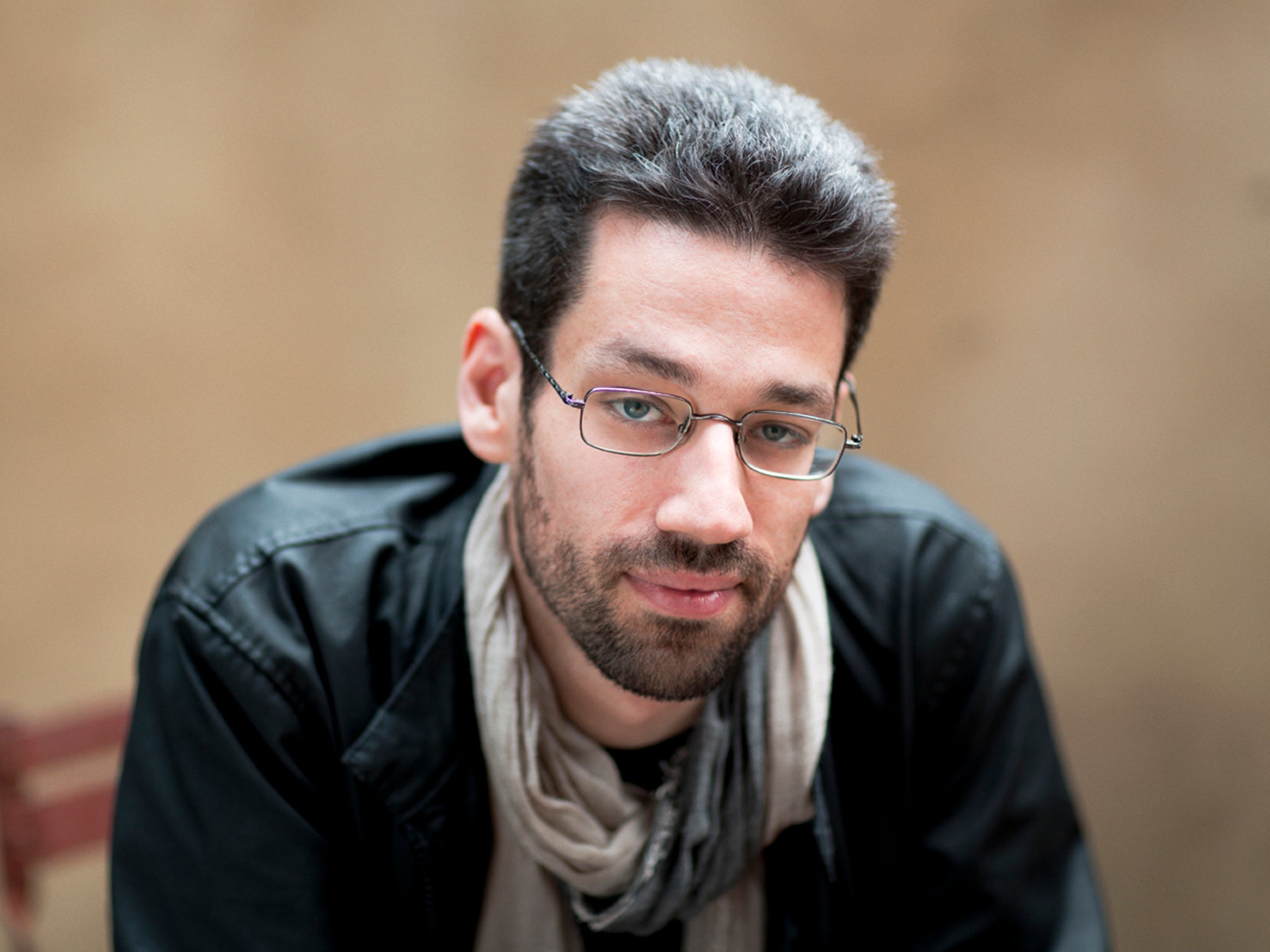Biss/Philharmonia/Hrusa, Royal Festival Hall, review: Jonathan Biss delivers the Largo with tender lyricism
Biss’s approach drew us in close, with unforced natural eloquence and a precision in the passage-work which was smart as a whip

Your support helps us to tell the story
From reproductive rights to climate change to Big Tech, The Independent is on the ground when the story is developing. Whether it's investigating the financials of Elon Musk's pro-Trump PAC or producing our latest documentary, 'The A Word', which shines a light on the American women fighting for reproductive rights, we know how important it is to parse out the facts from the messaging.
At such a critical moment in US history, we need reporters on the ground. Your donation allows us to keep sending journalists to speak to both sides of the story.
The Independent is trusted by Americans across the entire political spectrum. And unlike many other quality news outlets, we choose not to lock Americans out of our reporting and analysis with paywalls. We believe quality journalism should be available to everyone, paid for by those who can afford it.
Your support makes all the difference.The American pianist Jonathan Biss is the most consistently interesting Beethovenist of his thirtysomething generation; nobody else interrogates the score with such intensity, or infuses it with such electricity in performance. He’s carved out a parallel career as a tutor, creating a video course on Beethoven’s sonatas which has, so Wikipedia tells us, reached 100,000 students in 160 countries. One may not always agree with his interpretations, but they’re so vivid that one is compelled to engage with them, and so it was when he played Beethoven’s Piano Concerto No 1 in C Opus 15 with the Philharmonia Orchestra under the baton of Jakub Hrusa.
This Haydn-esque early concerto is the most intimate of the set, and Biss’s approach drew us in close, with unforced natural eloquence and a precision in the passage-work which was smart as a whip. I could have wished for more wonderment in the development section, where the descending octaves and chromatic scales temporarily inhabit a dream-world, but the cadenza – Beethoven’s longest – was a fantasy in itself. Biss delivered the Largo with tender lyricism, and let the concluding Rondo playfully chase its tail: here the virtuosity of his rapidly-chopping hands seemed to infect the orchestra, all sharing in the sense of liberation.
Join our commenting forum
Join thought-provoking conversations, follow other Independent readers and see their replies
Comments